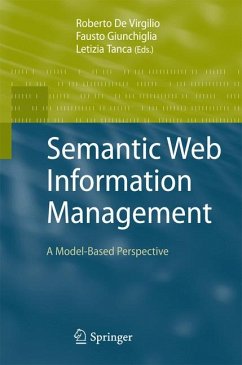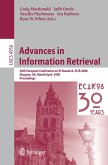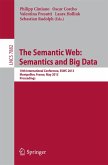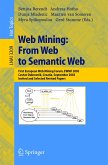The research presented by De Virgilio, Giunchiglia and Tanca tries to bridge the two worlds in order to leverage the efficiency and scalability of database-oriented technologies to support an ontological high-level view of data and metadata. The contributions present and analyze techniques for semantic information management, by taking advantage of the synergies between the logical basis of the Semantic Web and the logical foundations of data management. The book's leitmotif is to propose models and methods especially tailored to represent and manage data that is appropriately structured for easier machine processing on the Web.
After two introductory chapters on data management and the Semantic Web in general, the remaining contributions are grouped into five parts on Semantic Web Data Storage, Reasoning in the Semantic Web, Semantic Web Data Querying, Semantic Web Applications, and Engineering Semantic Web Systems. The handbook-like presentation makes this volume an important reference on current work and a source of inspiration for future development, targeting academic and industrial researchers as well as graduate students in Semantic Web technologies or database design.
Dieser Download kann aus rechtlichen Gründen nur mit Rechnungsadresse in A, B, BG, CY, CZ, D, DK, EW, E, FIN, F, GR, HR, H, IRL, I, LT, L, LR, M, NL, PL, P, R, S, SLO, SK ausgeliefert werden.
Hinweis: Dieser Artikel kann nur an eine deutsche Lieferadresse ausgeliefert werden.
"The book ... explores the topics of storage, reasoning, and querying, as well as applications and engineering methods for semantic web systems. ... The book is useful for newcomers to the field, as well as for experienced researchers, who want to review or explore recent approaches. The bibliography will serve as a source for relevant works to deepen the investigations. ... Overall, the book is an excellent resource for researchers and practitioners, which presents and analyses the challenges and recent techniques on semantic information management." (Alejandra Gonzalez-Beltran, Informer, January, 2012)









